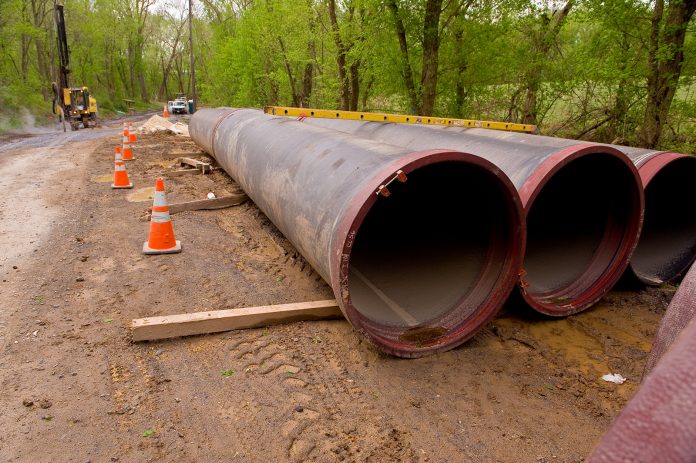
The US Environmental Protection Agency (EPA) has announced the availability of approximately US$1 billion in credit assistance for water infrastructure projects under the new Water Infrastructure Finance and Innovation Act (WIFIA) programme.
The programme will provide long-term, low-cost credit assistance to creditworthy water projects. WIFIA provides another option for financing large infrastructure projects–generally at least US$20 million–in addition to the State Revolving Funds and bond market.
“The launch of the Water Infrastructure Finance and Innovation Act programme marks a huge step forward for modernising our nation’s aging water infrastructure,” said EPA Administrator Gina McCarthy. “WIFIA gives us a new opportunity to provide billions of dollars in low-interest loans to communities to build large infrastructure projects, significantly accelerating investments that benefit our nation’s public health and water security for generations to come.”
WIFIA is available to state, local, and tribal governments; private entities; partnerships; and State Revolving Fund programmes. EPA estimates that funds appropriated to the WIFIA programme could be leveraged at a ratio greater than 50 to one, which means the US$17 million programme budget could allow EPA to make approximately US$1 billion in loans and stimulate about US$2 billion in total infrastructure investment.
Some of the projects that WIFIA enables the Environmental Protection Agency to provide assistance for include: drinking water treatment and distribution projects, wastewater conveyance and treatment projects, enhanced energy efficiency projects at drinking water and wastewater facilities, desalination, aquifer recharge, alternative water supply, and water recycling projects, and drought prevention, reduction, or mitigation projects.
EPA will evaluate projects using criteria such as the extent to which the project is nationally or regionally significant, helps maintain or protect public health or the environment, protects against extreme weather, and serves regions with significant water resource challenges.







